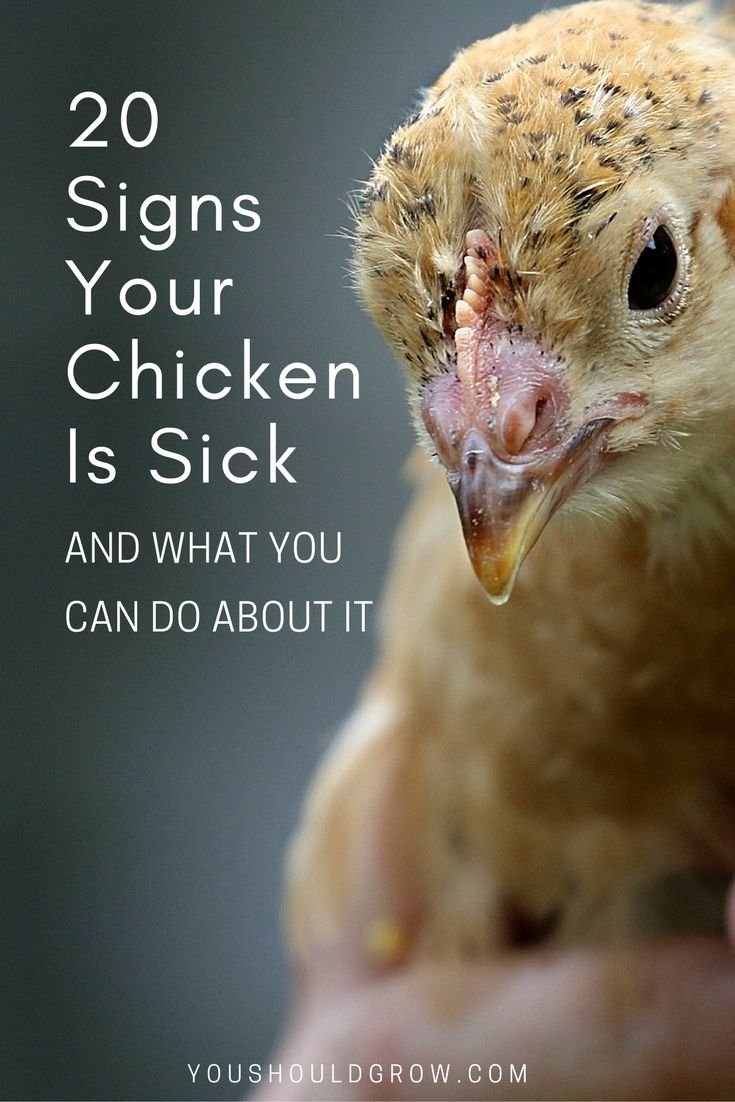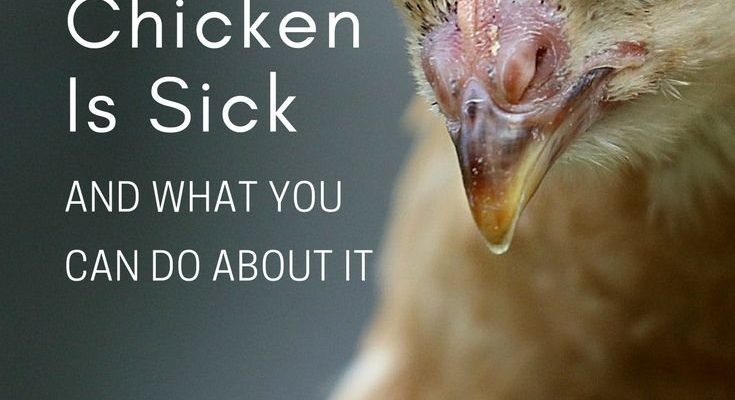
Think of it like trying to catch a whiff of bad milk before it hits your favorite cereal—nobody wants that! You want to nip any health troubles in the bud before they become a bigger problem. In this guide, we’ll dive into the signs and symptoms of sickness in chickens. By being observant and knowing what to look for, you’ll be equipped to take action when needed. Let’s dig into the details that can help you keep your chickens clucking along happily.
Recognizing Behavioral Changes
When it comes to chickens, their behavior is often the first indicator of trouble. Healthy chickens are usually active and curious, scratching around for food and socializing with their flock. However, if you notice any significant changes in their behavior, it might be a sign that something’s not right.
Here are some key behaviors to watch for:
- Isolation: If a chicken is separating itself from the rest of the flock, it might be feeling ill. Birds are social, and a sudden change can signal discomfort.
- Lethargy: Healthy chickens are often lively and energetic. If your chicken seems sluggish or spends too much time sitting, it could indicate health issues.
- Changes in feeding habits: If your chicken suddenly loses interest in food or water, it’s time to pay attention. Refusal to eat can lead to serious health risks.
Here’s the thing: behavior changes can be subtle, so it’s essential to observe your chickens regularly. Just like you can tell when your friend seems off during a coffee chat, becoming familiar with your chickens’ personalities helps you spot when something’s amiss.
Physical Symptoms to Watch For
Sometimes, the signs of illness in chickens are visible in their physical appearance. Keep an eye out for these red flags that may indicate your chicken is unwell.
- Dull feathers: Healthy feathers are shiny and smooth. If your chicken’s feathers look ragged or dull, it may be struggling.
- Weight loss: A noticeable change in weight can signal sickness. Feel your chicken gently to determine if it feels lighter than usual.
- Swelling: Look out for unusual swelling in the abdomen or joints, which could hint at infection or other issues.
Let me explain this further—imagine if your friend showed up one day looking exhausted and run-down. Those signs would make you wonder if they were feeling okay, right? The same applies to your chickens. If they don’t look like their usual selves, take notice and observe closely.
Monitoring Their Droppings
This might sound a bit odd, but checking your chickens’ droppings can tell you a lot about their health. Healthy chicken poop is typically firm and well-formed. However, if you start seeing:
- Diarrhea: Watery droppings can indicate digestive issues or infections.
- Color changes: Unusual colors, like green or yellow, can signal liver problems or other health concerns.
- Presence of blood: This is a serious concern and requires immediate veterinary attention.
Honestly, monitoring droppings may not be the most glamorous part of chicken-keeping, but it’s a crucial one that can help you catch potential health issues early. Regular checks can be a bit like a health class for your chickens—helping you learn what’s normal and what’s not.
Conducting a Physical Examination
If you suspect a chicken might be sick, performing a physical exam can help you gather more information. Here’s how to do it safely and effectively.
1. Approach gently: Make sure your chicken feels safe. Calmly pick them up and hold them securely.
2. Check the eyes: Look for any signs of redness, swelling, or discharge. Healthy eyes are bright and clear.
3. Inspect the beak: Look for lesions, swelling, or abnormal discharge. A healthy beak should look clean and functional.
4. Feel the abdomen: Gently apply pressure to the abdomen. It shouldn’t feel overly swollen or hard. If it does, this could signal an issue.
When you’re checking your chicken, think of it as if you’re giving a friend a good once-over when they’re feeling off. You wouldn’t want to miss any signs that they needed help! Using this approach can give you insight into whether your chicken is just having a rough day or if they’re in need of urgent care.
Listening to Their Sounds
Chickens communicate in various ways, and their vocalizations can tell you a lot about their health. If a chicken is suddenly more quiet than usual, or if they are making unusual sounds, pay attention.
Some sounds to note include:
- Excessive crowing or squawking: If your roosters or hens are making more noise than usual, they might be stressed or in pain.
- Wheezing or coughing: Respiratory issues can be indicated by these sounds, which need prompt attention.
- Silent treatment: If your normally chatty hens go quiet, they might be feeling unwell.
You might be wondering how much noise is normal—and that varies from flock to flock. Just like you get to know the usual chatter of your friends, taking time to understand your chickens’ typical sounds will help you catch any alarming changes.
Seeking Professional Help
If after all your observations you still feel concerned, it’s crucial to consult with a veterinarian. Sometimes, the signs can be vague or point to diseases that require specialized knowledge to address.
Here’s why seeking professional help matters:
- Diagnosis: A vet can determine the exact illness providing treatment options that can’t be identified without proper training.
- Preventative care: Regular check-ups can help identify issues before they escalate and keep your flock healthy.
- Peace of mind: Sometimes, just knowing that you’ve done everything you can helps ease your mind.
In the end, think of a veterinarian like a trusted coach who helps you navigate those tricky health challenges. They’ll guide you through what to look for and how to keep your flock thriving.
Closing Thoughts
Taking care of chickens can be a rewarding experience, but it does come with its challenges, especially when it comes to health. Knowing how to tell if a chicken is sick is vital for ensuring your feathered friends live their best lives. By being attentive to their behavior, physical signs, droppings, and sounds, you’ll be well-equipped to spot when something’s not right.
Remember, healthy chickens not only contribute to the joy of your home but also provide you with fresh eggs and companionship. So, stay observant and don’t hesitate to seek help if needed. Your chickens will thank you for it!

